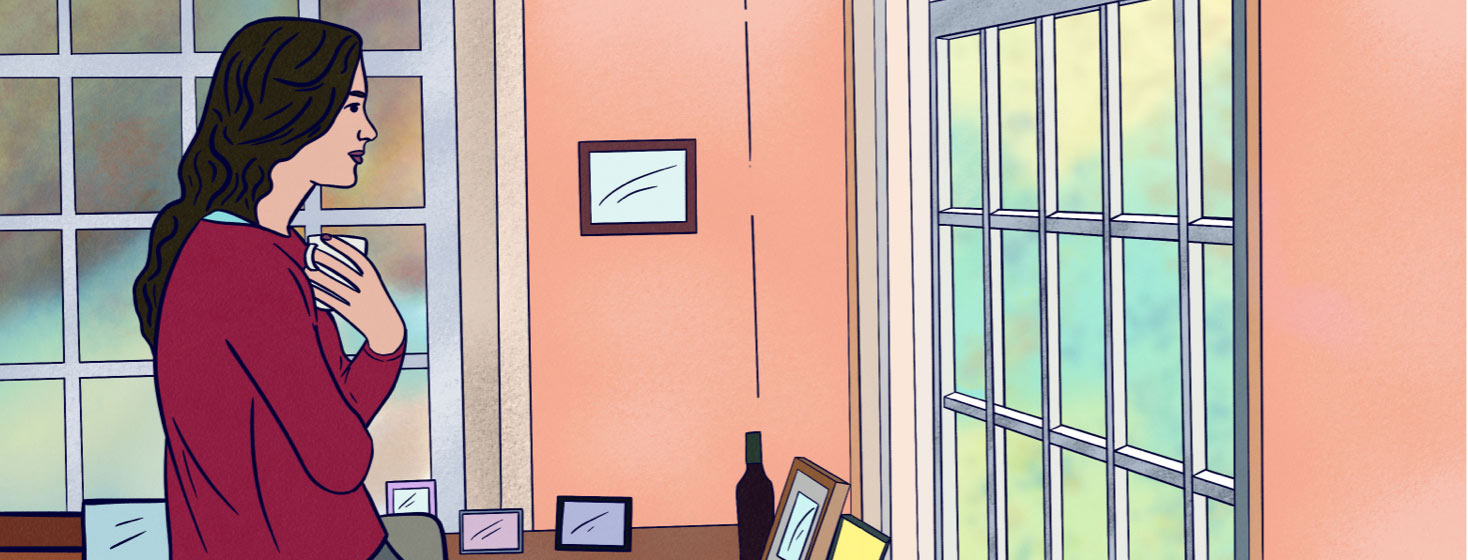What I Wish Someone Would Have Told Me During My Bipolar Diagnosis
When I was 20 years old, I was crying often and without reason. I traveled across Europe at that age, tears blurring the sites I had always wanted to see. When I got home, a suicidal state took hold, as did self-harm. I didn’t know what was happening, just that something was very, very wrong.
It was only after I saw a counselor and it became clear that my life was in danger that I could be talked into seeing a psychiatrist. I thought that talking to a mental health care professional would be the answer. It turned out it just brought about more questions.
There are so many questions at the beginning
I had so many questions about bipolar. Why was I sick? What was my diagnosis? What treatment should I try? What side effects would emerge? When would something work for me?
If you're asking yourself these questions, too, I understand. Here are some of the answers and what I wish someone would have told me when I was going through the bipolar diagnosis process.
Real answers to bipolar diagnosis questions
1. No one knows why you have a mental illness.
I've been writing about and researching my own mental illness for 20 years, and I still don't know. There are models, such as the bio-psycho-social model, that will tell you that there are biological, psychological, and environmental reasons why you have a mental illness. You might be able to identify some of those components. Regardless, it doesn’t change the fact that you are ill and need help.
2. Your diagnosis (or diagnoses) will come, but...
Getting there may be a process that takes some time. The best thing for you to do is to be as forthright as you can with your mental health treatment providers. They can't give you a correct diagnosis without all the information. It may also help to research some of the diagnosis possibilities – but remember, don't self-diagnose.
3. Treatments are a whirling dervish of chaos.
Okay, they aren't exactly chaos, but they can seem like it. The fact is no one knows the best treatment for you and your illness. Your mental health practitioner will use their best judgment based on the evidence and their clinical experience to try and determine what treatment you should try. It may not work. And the one after that might not work either. But you have to keep throwing darts in the direction of the board until you hit the bullseye. That's just the way the game is played. I'm sorry.
4. Side effects can be gross.
When I was going through my initial stages of treatment, I was sick all the time with various medication side effects. It felt like I had some kind of flu every day of my life. And while that feels interminable at times, this, too, is often what is required to find what works best for you. It's important to remember that side effects do tend to diminish with time, but that time can range from days to weeks and even months. Be open about your side effects with your doctor.
5. No one can tell you when something will work.
I wish that wasn't true, but it is. It took almost 2 years to find a medication that I found to be a miracle. I know that sounds like an impossible amount of time, and certainly, living through it felt that way, too. But remember, there are many more days after the stabilizing medication than before it.
This or That
Have you found the right medication for you yet?
Facing what's ahead after a bipolar diagnosis
Those are answers to bipolar diagnosis questions from someone who has been there and someone who has witnessed countless others go through the same process. And while the answers aren't sunshine and rainbows, they are real. They are what really happens to real people who get real diagnoses and real treatment.
All that being said, those people also got out the other side. The beginning is hard. The middle can be hard, too. But there is an other side. I will meet you there; just keep going, one foot in front of the other, one moment in front of the other, until things become clearer. That's what happens.
